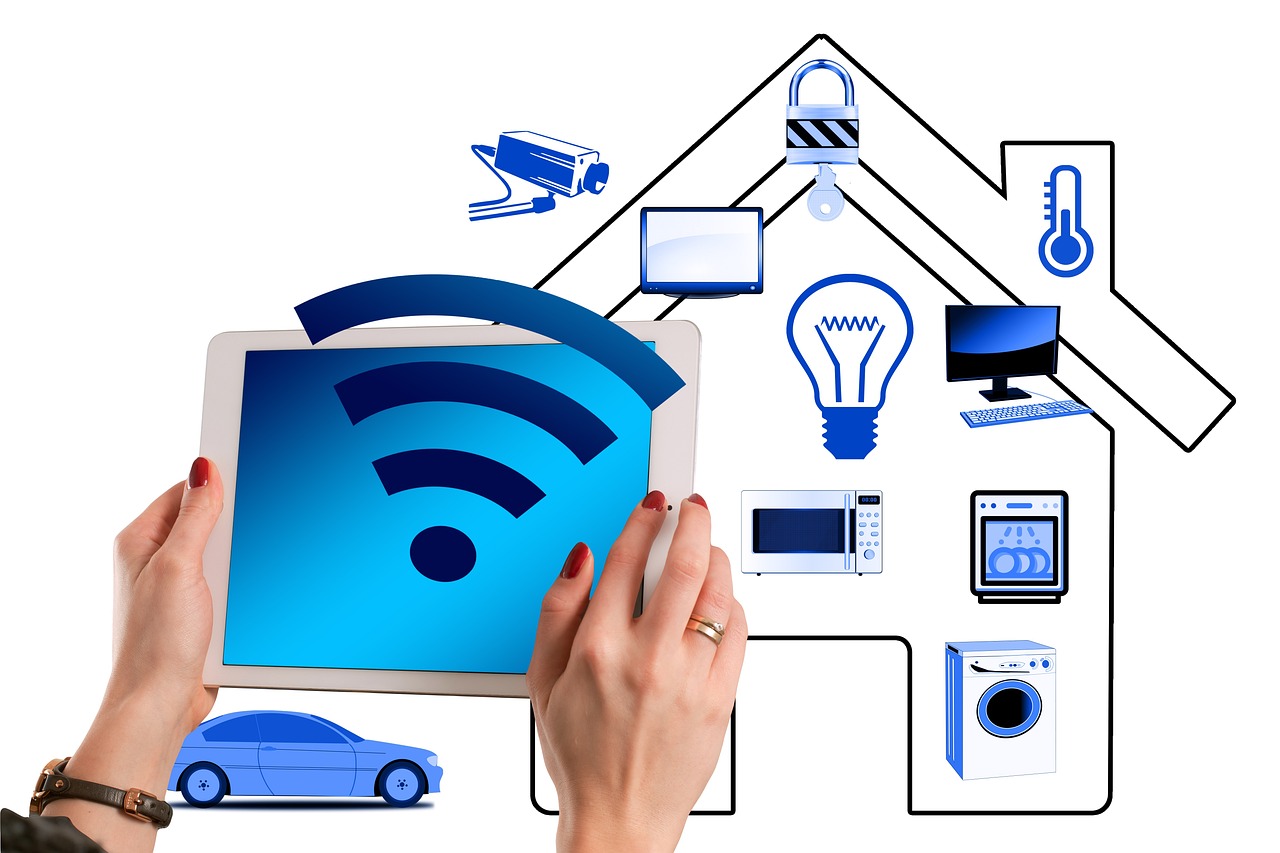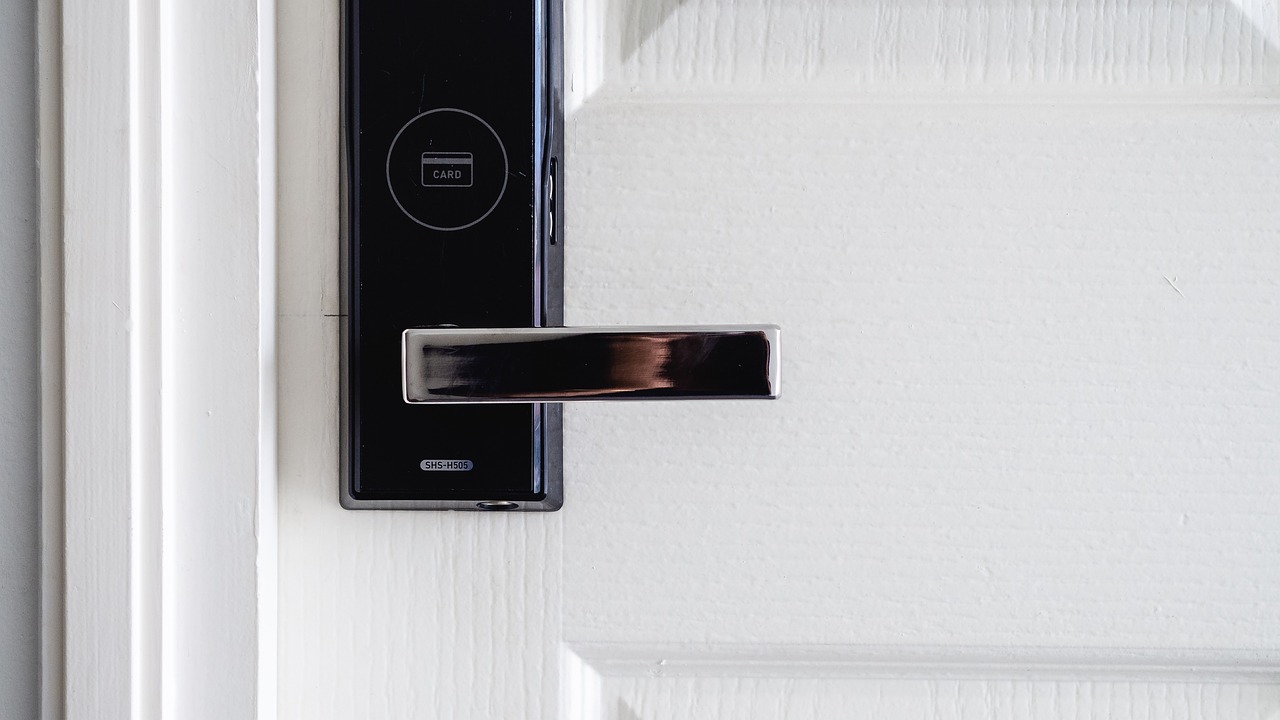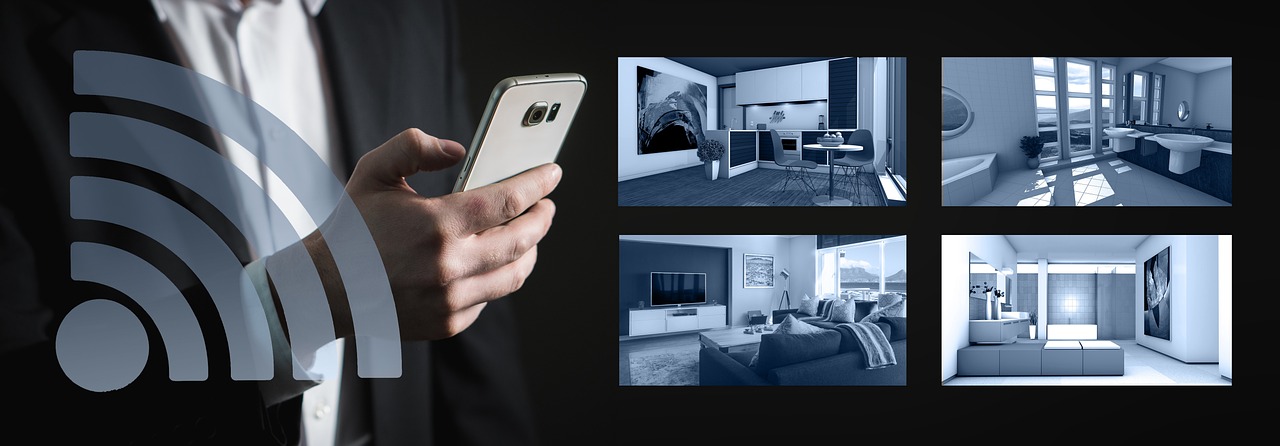
The advent of smart home technology has brought about a renaissance in home management and lifestyle improvement. In the vanguard of this movement are gadgets that infuse our living spaces with intelligence, convenience, and efficiency. From robotic vacuum cleaners to smart thermostats, the array of devices available is impressive. Here, we present the top 10 best smart gadgets for your abode, complete with their advantages and potential drawbacks.
Robotic Vacuum Cleaners
Compact and autonomous, these vacuum cleaners operate on their own, navigating around your home to keep floors dust-free without requiring manual operation.
Pros:
- Effortless cleaning is ensured as these automated marvels glide across your floors, suctioning debris with minimal intervention.
- Time is liberated for homeowners, who can attend to other tasks or leisure while the vacuum does its diligent work.
Cons:
- Limited effectiveness on thick carpets can sometimes be observed, and obstacles can occasionally impede their path.
- The necessity for regular emptying of the dustbin and maintenance of the brushes might be a minor inconvenience.
When considering a robot vacuum cleaner, the RobotBox website is the place to go, boasting engaging reviews and intricate comparisons of various models. Their expert insights and cool, detailed reviews simplify the decision-making process by comparing features side-by-side. RobotBox is an invaluable resource for finding a robot vacuum that aligns perfectly with your expectations and cleaning requirements.
Smart Thermostats
These are intuitive devices that learn your temperature preferences and schedule to optimize home heating and cooling for comfort and energy efficiency.
Pros:
- Energy consumption can be optimized, leading to potential savings on utility bills due to the adaptive learning of your heating and cooling preferences.
- Remote control through smartphones allows adjustments to be made from anywhere, providing ultimate comfort and convenience.
Cons:
- The initial setup may require professional assistance, and the cost can be higher compared to traditional thermostats.
- Compatibility with all HVAC systems is not always guaranteed, necessitating a thorough compatibility check before purchase.
Smart Door Locks

These locks offer keyless entry and the ability to remotely control access to your home, often providing monitoring features for added security.
Pros:
- Enhanced security is offered through features like remote locking and unlocking, as well as access logs.
- Keys become obsolete, as doors can be accessed using codes, smartphones, or even biometrics, reducing the risk of being locked out.
Cons:
- Battery dependency means keeping an eye on power levels to avoid being locked out due to a dead battery.
- Complexity of the technology may pose a challenge for less tech-savvy individuals during installation or operation.
Smart Lighting Systems
Control over your home’s lighting can be exercised from afar with these systems, while the setting of automatic schedules is also facilitated. Additionally, adjustments to the hue and luminosity of the bulbs can be made with ease.
Pros:
- The utilization of LED bulbs leads to a substantial enhancement in energy efficiency, and they come with the added benefit of adjustable brightness and color options.
- Programmability allows for setting schedules and scenes, perfectly complementing your lifestyle and mood.
Cons:
- The initial investment is significantly higher compared to traditional lighting solutions.
- Over-reliance on wireless networks can become problematic if connectivity issues arise.
Smart Speakers and Displays

These devices act as central hubs for smart homes, responding to voice commands to control other devices, play media, and provide information.
Pros:
- Centralized control of your smart home devices can be achieved through voice commands, streamlining the management of your smart ecosystem.
- Entertainment and information are at your beck and call, providing everything from news updates to playing your favorite tunes.
Cons:
- Concerns regarding privacy have emerged, attributed to the perpetual operation of these devices and their capacity for accumulating data. It has been noted that the quality of sound and clarity of displays can differ, with the more premium models often commanding a higher price.
Intelligent Kitchen Appliances
Ranging from smart ovens to refrigerators, these appliances connect to the internet to provide enhanced functionality, such as remote monitoring and precision cooking.
Pros:
- Cooking processes are revolutionized with precision and automation, yielding consistent culinary results.
- Integration with smart home systems enables remote monitoring and control, adding a layer of convenience to meal preparation.
Cons:
- For households mindful of their budget, the expense associated with these advanced appliances might be deemed prohibitive. Furthermore, the complexity inherent in their operation may necessitate a period of learning, potentially deterring full utilization of the available features by some users.
Smart Irrigation Systems
Designed to manage your garden’s watering needs, these systems can adjust schedules based on weather data and ensure efficient water usage.
Pros:
- Water conservation is promoted through intelligent scheduling and weather adaptation, benefiting both the environment and your wallet.
- Lawn and garden maintenance becomes less labor-intensive, as the system takes over the task of watering with precision.
Cons:
- Initial setup and calibration can be time-consuming, requiring a basic understanding of your landscaping needs.
- In areas with inconsistent internet service, the full functionality of these systems may not be realized.
Home Security Cameras

These cameras keep an eye on your home inside and out, allowing for remote viewing and recording for security purposes.
Pros:
- Peace of mind is afforded by the ability to monitor your home remotely, deterring potential intruders and checking on loved ones.
- Some models come equipped with advanced features like facial recognition and night vision, further enhancing security.
Cons:
- Privacy issues can be a concern, especially if cameras are placed within the home.
- The need for constant power and internet connectivity means that they can be vulnerable to power outages or network interruptions.
Smart Smoke and Carbon Monoxide Detectors
More advanced than traditional detectors, these devices offer early warnings and remote notifications in case of smoke or CO detection.
Pros:
- Early detection of dangerous conditions is greatly improved, offering swift notifications to your devices, potentially saving lives.
- Regular self-checks and battery status updates remove the need for manual testing, ensuring constant protection.
Cons:
- The price point for these smart detectors is significantly higher than their traditional counterparts.
- False alarms, while infrequent, can still occur and may cause unnecessary anxiety or disruption.
Networked Home Entertainment Systems
They enable streaming and sharing of media across different devices in your home, offering a connected and personalized entertainment experience.
Pros:
- Seamless streaming of audio and video content across multiple rooms provides an unparalleled entertainment experience.
- Personalized profiles and recommendations enhance viewing and listening pleasure, catering to individual tastes within the household.
Cons:
- The complexity of setting up a cohesive system can be daunting, often requiring professional installation.
- Dependency on subscription services for content may lead to ongoing costs that need to be factored into the budget.
The curated selection of smart gadgets promises to enhance the domestic life through automation and intelligence. While the pros generally outweigh the cons, it is wise to consider both sides before embracing these technological wonders in your home.